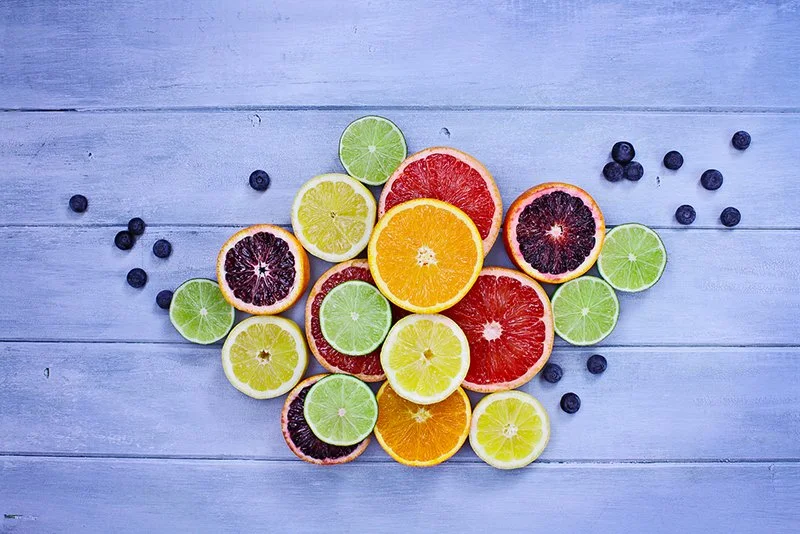Getting a good night’s sleep is important, but what you eat before bed can significantly impact your oral health. When you sleep, saliva production decreases, reducing your mouth’s natural ability to neutralize acids and wash away food particles. This creates an ideal environment for harmful bacteria to thrive and damage your teeth and gums.
Here are the top five foods you should avoid before bedtime to protect your smile while you sleep.
1. Sugary Snacks and Candy
Sweet treats like cookies, chocolate, gummy bears, and other candies are among the worst choices for late-night snacking. The sugar feeds harmful bacteria in your mouth, which produce acids that attack tooth enamel throughout the night. Hard candies and sticky sweets are particularly problematic because they linger in your mouth longer, extending the acid attack on your teeth.
With reduced saliva flow during sleep, these sugars have hours to do damage without your mouth’s natural defenses working at full capacity. If you’re craving something sweet, try to satisfy that urge earlier in the evening and always brush your teeth before bed.
2. Citrus Fruits and Acidic Foods
While fruits are generally healthy, citrus fruits like oranges, lemons, limes, and grapefruits are highly acidic and can soften tooth enamel. Eating these before bed means the acid sits on your teeth all night without adequate saliva to neutralize it. Other acidic foods to avoid include tomatoes, pickles, and vinegar-based dressings.
The weakened enamel becomes more susceptible to erosion and decay. If you do consume acidic foods in the evening, wait at least 30-60 minutes before brushing your teeth, as brushing immediately after acid exposure can actually cause more enamel damage.
3. Starchy Snacks
Chips, crackers, bread, and other starchy foods might seem harmless, but they can be surprisingly damaging to your oral health when consumed before bed. These foods break down into simple sugars in your mouth and tend to get stuck between teeth and along the gum line.
The starch particles provide a feast for bacteria throughout the night, leading to acid production and potential tooth decay. Potato chips are particularly problematic because they’re both starchy and often get lodged in the crevices of your teeth, creating perfect breeding grounds for harmful bacteria.
4. Dried Fruits
Despite their reputation as a healthy snack, dried fruits like raisins, dates, figs, and dried apricots are concentrated sources of sugar that stick to your teeth. The dehydration process removes water and concentrates the natural sugars, making them almost as problematic as candy for your oral health.
These chewy, sticky fruits adhere to teeth and are difficult to remove with just saliva, especially during sleep when saliva production is reduced. The prolonged contact with your teeth gives bacteria plenty of time and fuel to produce cavity-causing acids.
5. Caffeinated and Alcoholic Beverages
While not technically foods, beverages consumed before bed can significantly impact your oral health. Coffee, tea, energy drinks, and alcoholic beverages can contribute to dry mouth, reducing saliva production even further than sleep naturally does. Many of these drinks also contain sugars or acids that can harm your teeth.
Alcohol is particularly problematic because it dehydrates your body and mouth, creating an environment where harmful bacteria can flourish. Additionally, many people who drink alcohol before bed may skip their nighttime oral hygiene routine, compounding the problem.
Better Bedtime Alternatives
If you need a bedtime snack, consider teeth-friendly options like:
- Plain nuts (without added sugars)
- Cheese (which can help neutralize acids)
- Raw vegetables like carrots or celery
- Sugar-free yogurt
- Water or unsweetened herbal tea
The Bottom Line
The key to maintaining good oral health overnight is to avoid feeding the harmful bacteria in your mouth before you sleep. When possible, finish eating at least an hour before bedtime, and always maintain a consistent oral hygiene routine that includes brushing with fluoride toothpaste and flossing.
Remember that your mouth works hard to repair and protect itself while you sleep, but it needs your help during waking hours. By making smart food choices before bed and maintaining excellent oral hygiene, you’re setting yourself up for better oral health and more restful sleep.

